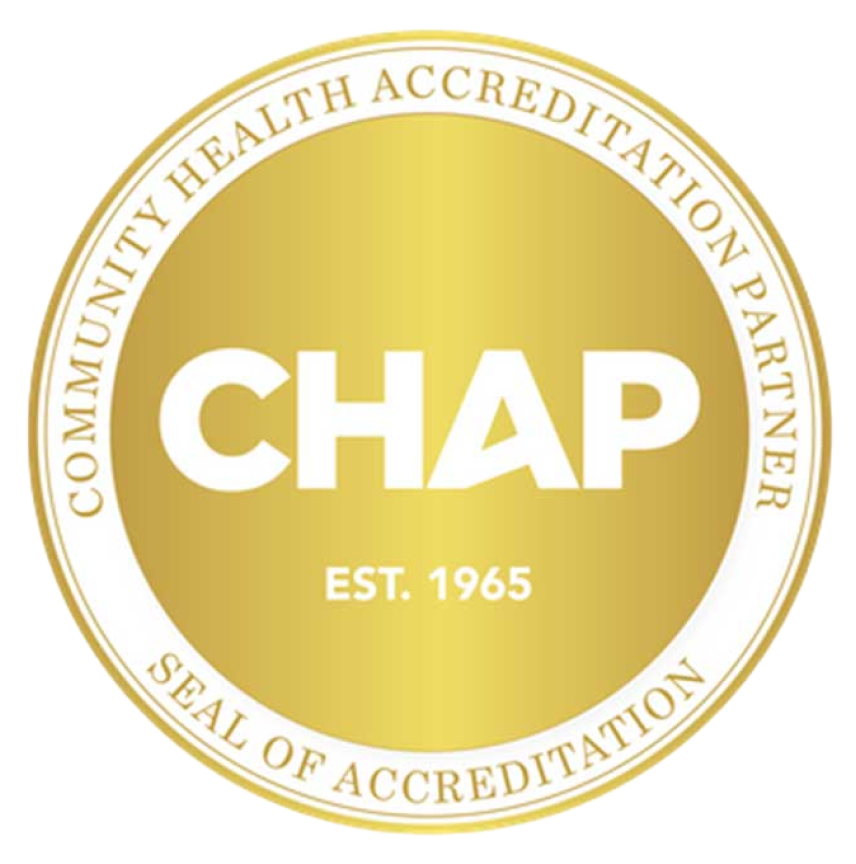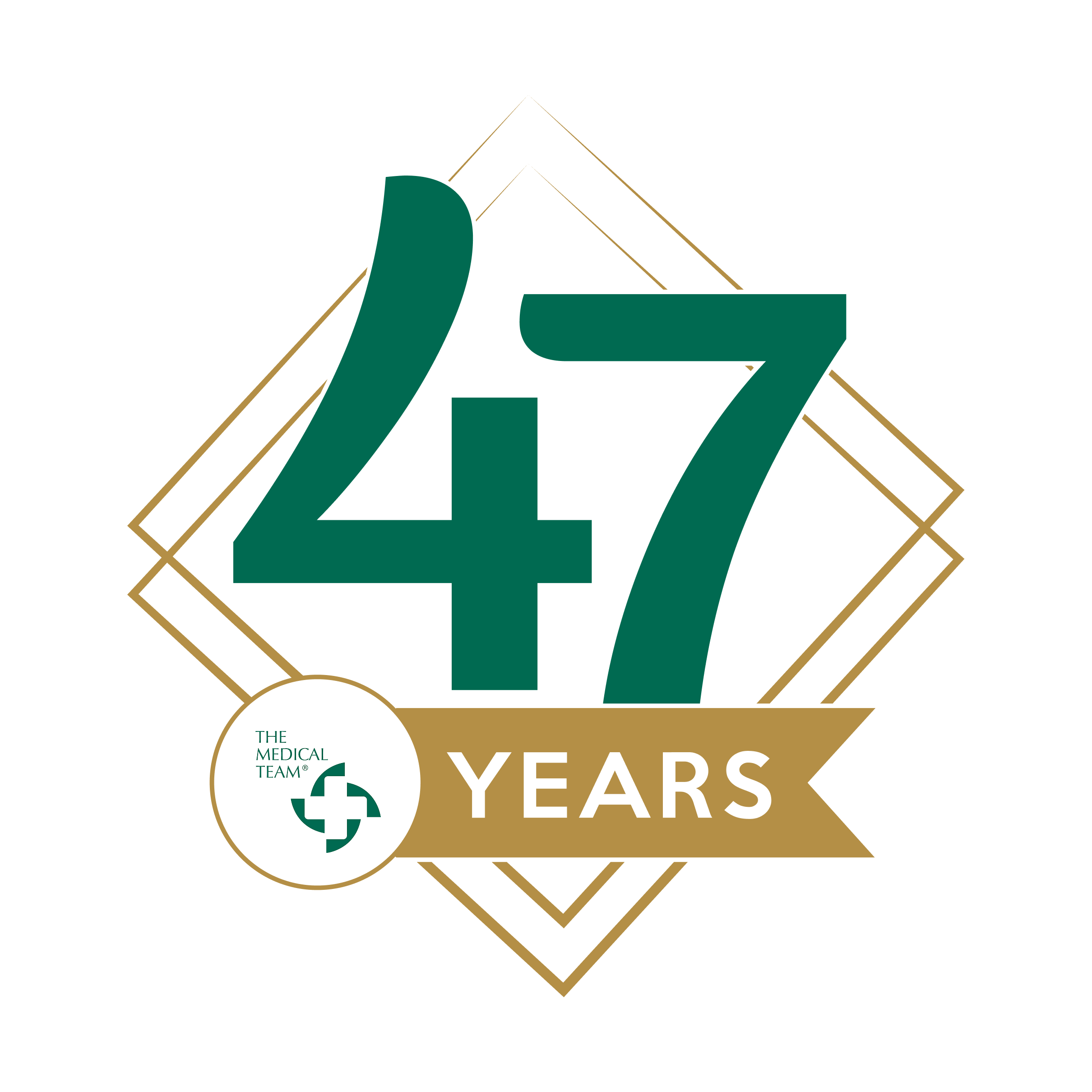Ah, the holidays. Time to deck the halls, bake the cookies, put up the tree, light the menorah, and enjoy time with family and friends. But as people gather together during the holidays, many realize that the health of an older adult has declined. Whether Dad isn’t walking as well as he was, or Grandma can no longer cook and has trouble remembering things, little (and big) changes in health tend to become apparent when families get together.
When visiting older adults, keep an eye out for signs that that home health care may be needed, and bring this checklist with you.
Overall physical and mental health
- Has the senior lost weight or does she seem more frail?
- Does she have trouble having normal conversations?
- Do you notice any new behaviors like repeating stories, confusion, or memory loss?
- Is the senior squinting or tripping over things much more than usual?
Mobility
- Do you feel safe when the senior drives?
- Are there any unexplained dents or scratches on her car?
- Have you heard about any traffic tickets?
- Does she hold on to doorframes and other furniture when walking around the house or shuffle her feet when walking?
Social life
- How often does the senior get out of the house to spend time with others or is she reluctant to leave the house?
- Is she still participating in hobbies and activities she’s always enjoyed?
- Is she keeping up with friends and community organizations?
- Do friends and family visit? How often?
The home
- Is the house messier than normal or are there broken household items, clogged drains, burned out light bulbs, etc.?
- Is there a lot of unopened mail? Are unpaid bills lying around?
- Is the refrigerator stocked with fresh foods the senior normally eats or has food gone moldy or expired?
- Are there burned pots and pans or burn marks on the floors or counters?
Medication
- Does the senior have new medications, vitamins, or supplements you haven’t seen before?
- Is her medication organized so it’s easy to take the correct dose at the correct time?
- Are expired medications mixed up with current ones?
During visits with senior relatives, family members should remember to be subtle so they don’t risk upsetting the senior or causing her to change her normal behavior. Make note of any concerning behavior. Once family members have a full understanding, they can have a conversation about changes that need to be made. If you need help having a conversation with your loved one about care options, THE MEDICAL TEAM can help! Contact our offices in New Orleans, Detroit, Austin, Dallas, and the Washington, DC metro areas today to learn more about our senior care services.



